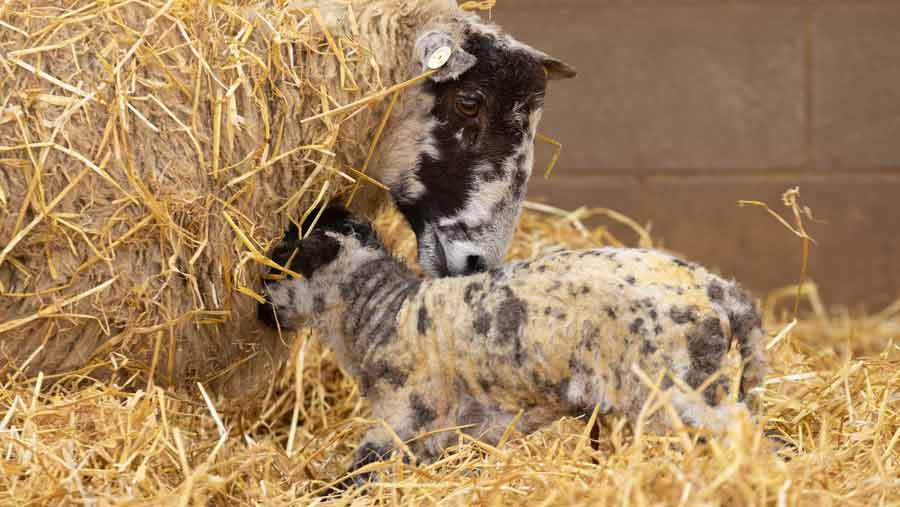6 goals set to deliver UK sheep welfare strategy
 © Tim Scrivener
© Tim Scrivener A five-year welfare strategy for the UK sheep industry has been launched by Ruminant Health & Welfare.
The aim is to deliver high welfare and encourage the adoption of good practice on all sheep farms regardless of size, location or production system.
See also: Sheep flock health: Government schemes and farmer priorities
Speaking at the launch of the strategy, which has the backing of the UK’s chief veterinary officers and support from 97 organisations across the industry, Ruminant Health & Welfare (RH&W) chairman Gwyn Jones said: “The industry’s shared vision is for the UK sheep sector to demonstrate evidence-based progress in six key areas of sheep welfare over the next five years and beyond.”
The strategy’s six goals are:
- Healthy feet – reducing lameness for all sheep to improve overall health and welfare by increasing mobility, productivity, and longevity
- Appropriate body condition – ensuring optimal body condition score to improve resilience to disease and fertility, and a breeding female’s ability to rear thriving lambs
- Thriving lambs – ensuring lambs are born strong and thrive throughout life by providing good nutrition and protection against disease
- Collaborative flock management – ensuring active collaboration between farmers, vets and advisers to aid the development of optimal flock health and welfare plans
- Positive welfare – ensuring all management decisions are made with a focus on welfare and considered through the eyes of the flock
- Sheep comfort – ensuring every farm has a proactive pain management plan to optimise the comfort of sheep and aid their ability to overcome disease, illness, and/or injury.
National Sheep Association chief executive and RH&W steering group member Phil Stocker said it is important for the reputation of the UK sheep sector to continue making progress on welfare.
“The sheep industry has largely escaped most of the criticism around animal welfare. Typically, systems are free range, grass based and extensive in nature.
“But there’s plenty to do to improve, and by taking a lead and showing responsibility and ownership of animal welfare, we’re taking the issue firmly into our own hands,” he said.
“This strategy will provide great ammunition to drive forward the sector across a wide range of welfare improvements over the next five years, including the licensing of analgesics, influencing government support programmes, and conditions in transport and at slaughter.”
The strategy will be delivered via a five-step plan of engagement, dialogue, collaboration, evidence and tracking progress using data collection.
To find out more and get involved, go to https://ruminanthw.org.uk/uk-welfare-strategies/sheep/
